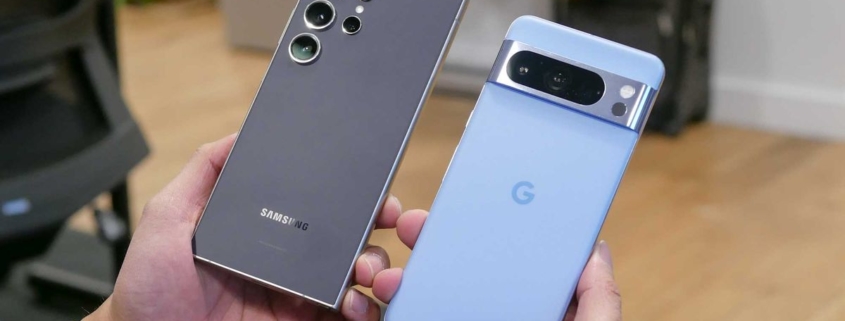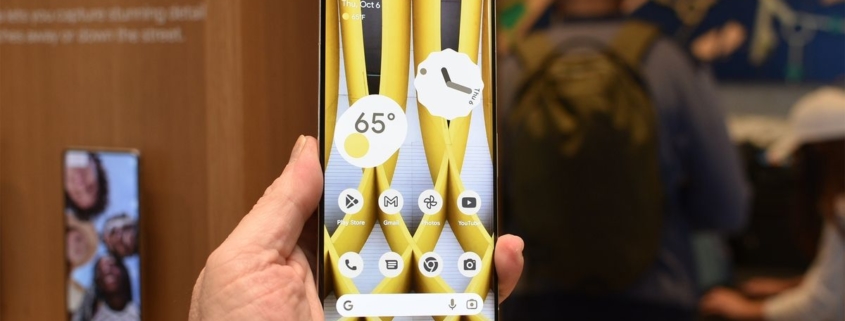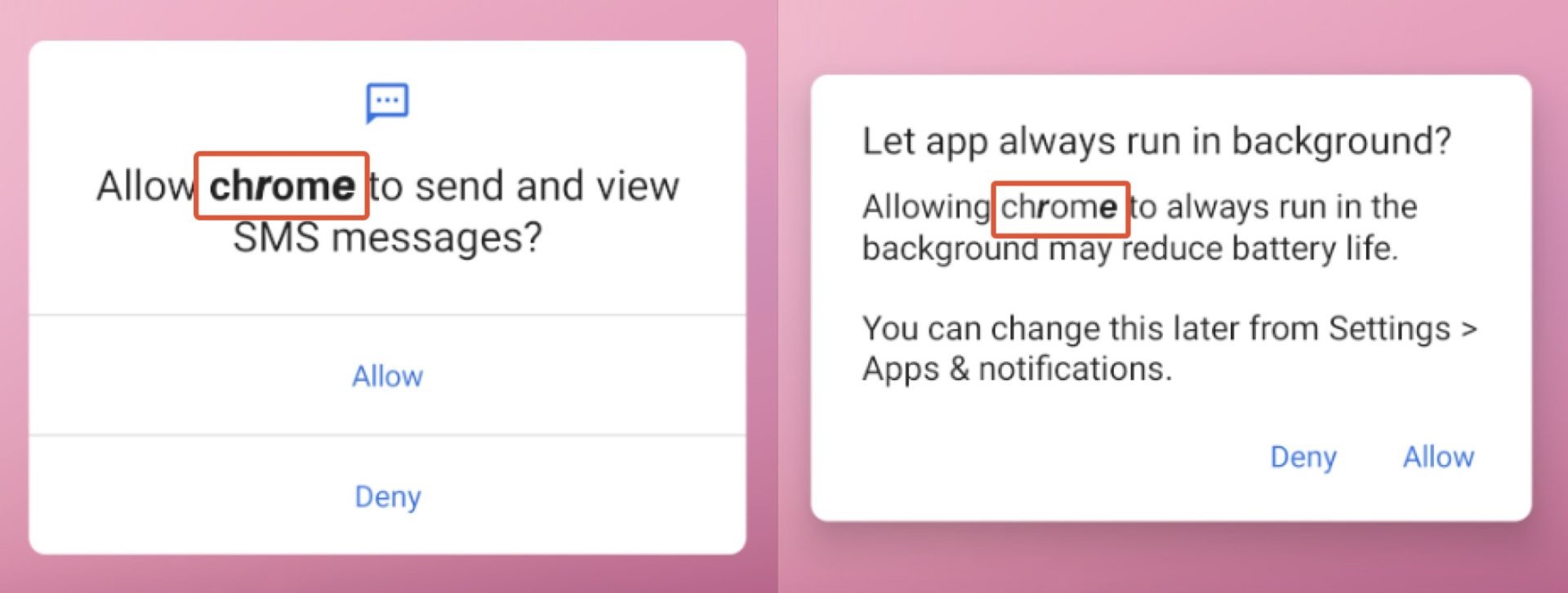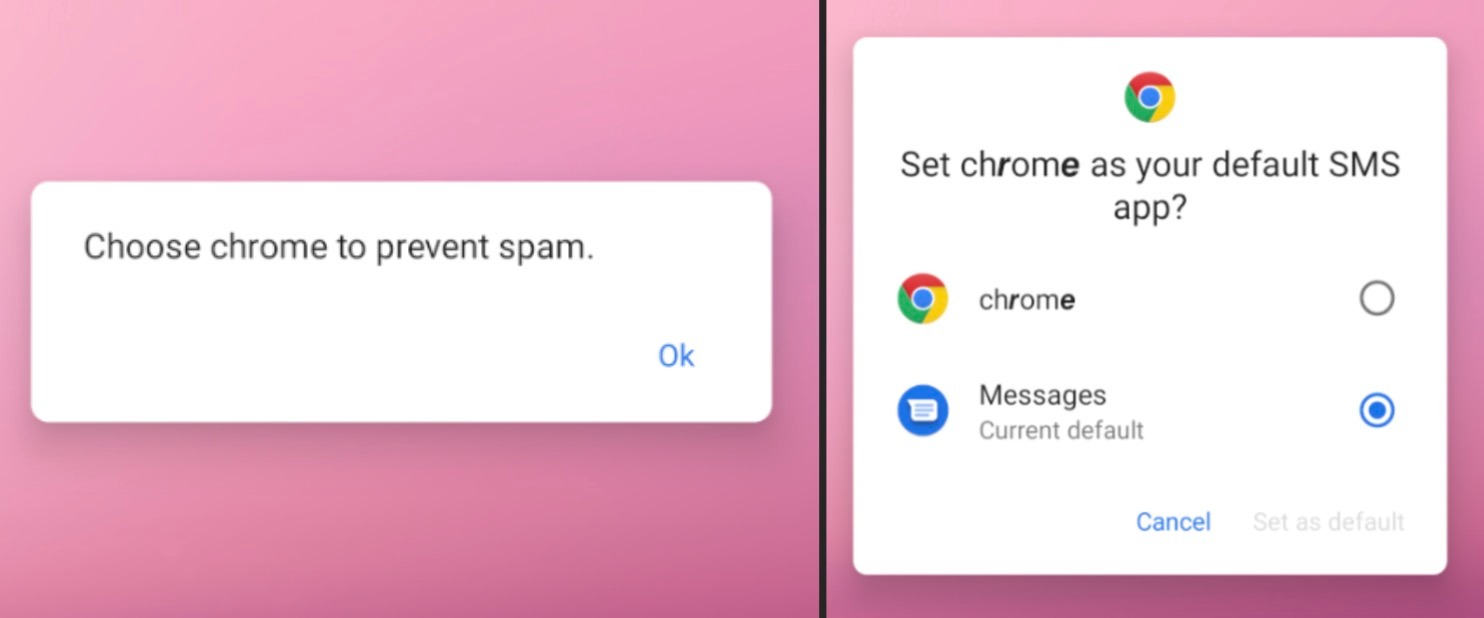Google issuing new security warnings for Galaxy and Pixel users — what you need to know
A new Android Safe Browsing warning has started to appear on some Samsung Galaxy and Google Pixel devices to help combat malware and protect users while using supported apps.
According to a recent post on X by Mishaal Rahman: “Google is rolling out a new ‘Android Safe Browsing‘ page to users that lets you see which apps support the feature as well as a toggle ‘live threat protection’ which enables ‘more accurate threat detection.’”
Google is rolling out a new “Android Safe Browsing” page to users that lets you see which apps support the feature as well as a toggle “live threat protection” which enables “more accurate threat detection.”Android Safe Browsing “alerts you to security threats, like harmful… pic.twitter.com/xMIvmJh7PlFebruary 13, 2024
After checking our own Galaxy S24 Ultra and Google Pixel 8 Pro devices, we were unable to see this new page. Since it’s a server-side update according to Rahman, it’s not a feature you’ll get automatically just by downloading the latest version of Android.
How Android Safe Browsing works
Android Safe Browsing, according to Rahman, is a system that runs in the background while you use the internet and can alert you to threats as you browse using supported apps. For instance, the system would alert you to the danger of a link leading you to a known phishing site if selected within the Google News app.
Mishaal goes on to theorize that the safe browsing page likely lists which apps utilize the SafetyNet safe browsing API. This is a library within Google Play services that shows if a URL has been marked as a known threat. It is similar to Google Chrome‘s method of warning users when they click on a link that leads to a potentially harmful site, and likely uses the same database.
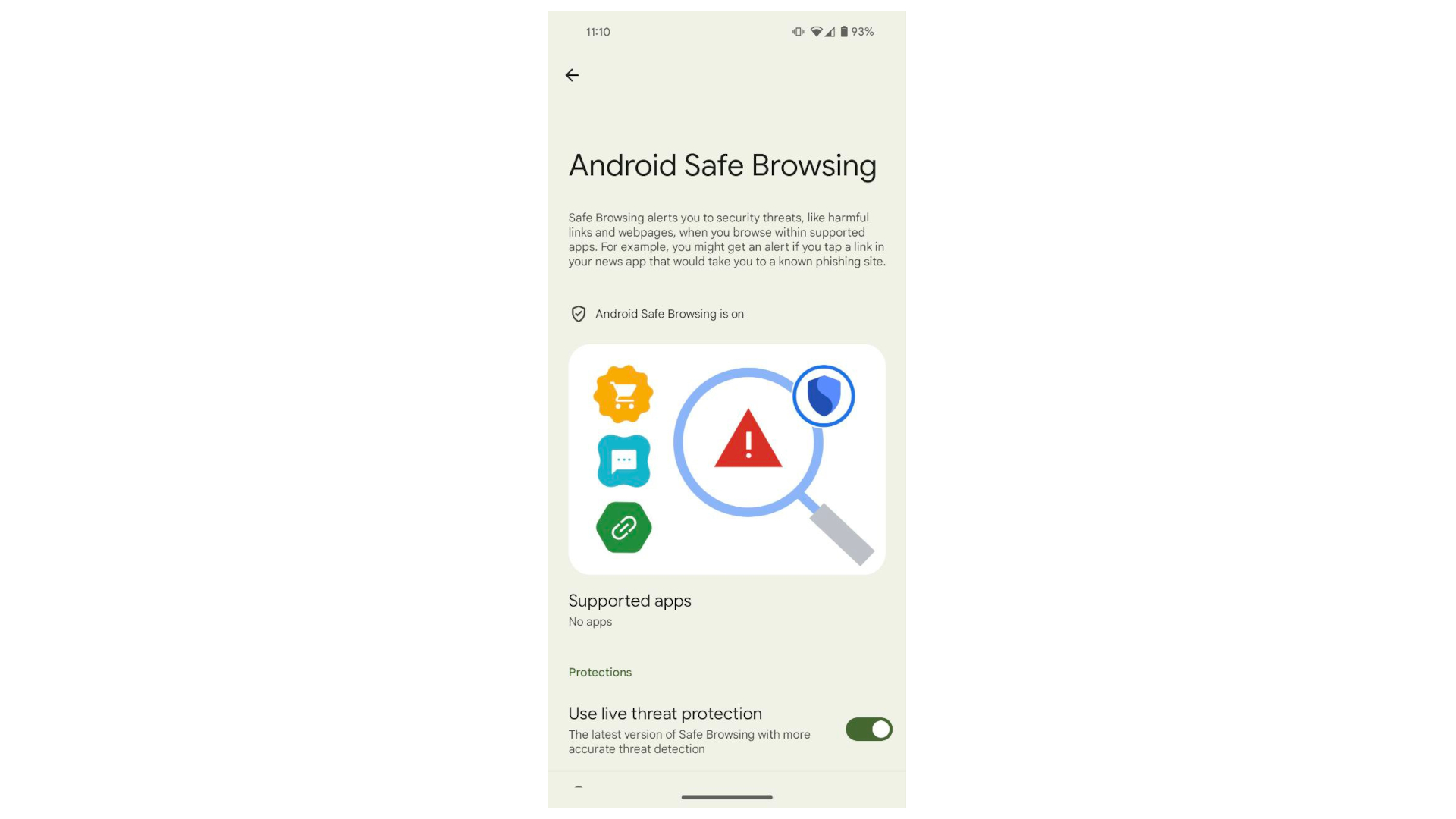
There has been a marked increase in both the number and sophistication of malware and phishing software over the last few months. This is a particular problem for Android, which is a much more open operating system than Apple’s iOS. But this new implementation shows that Google is working to shore up Android’s defenses against threats, a welcome step for the safety of Android users.
There are indications that…
